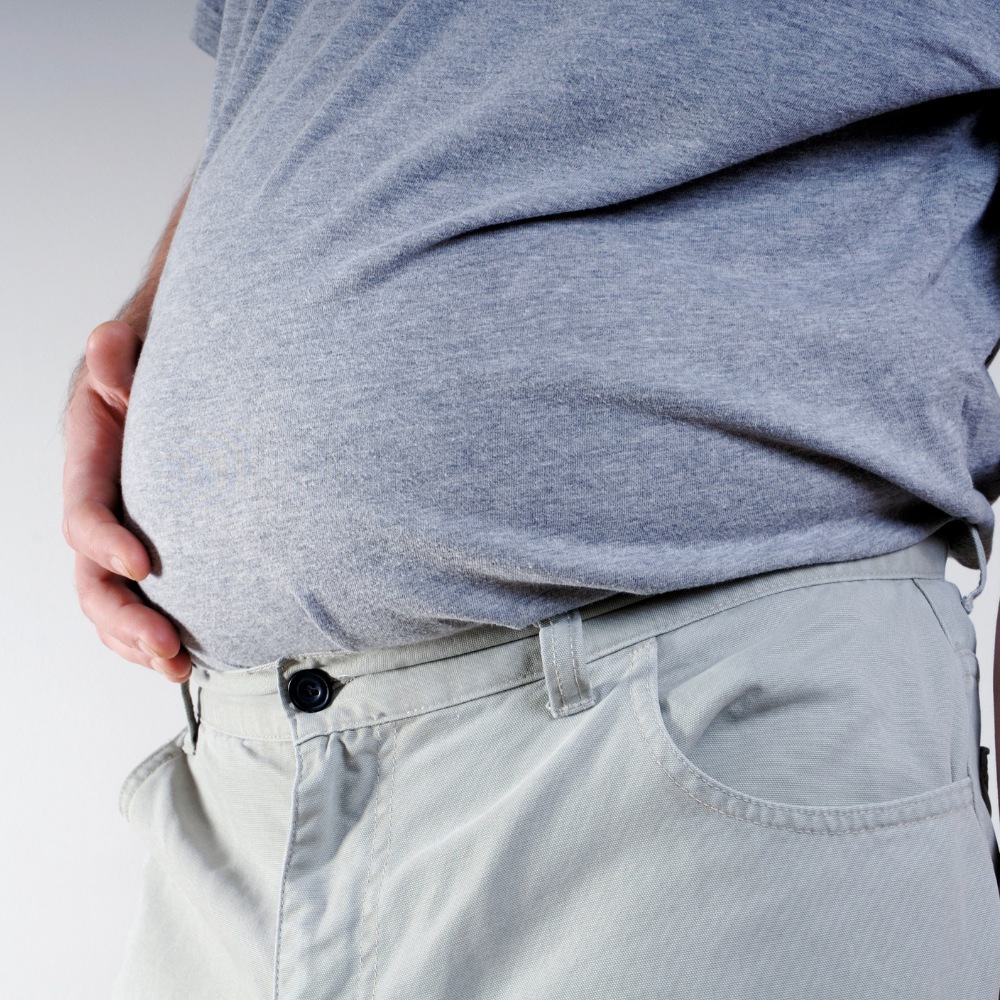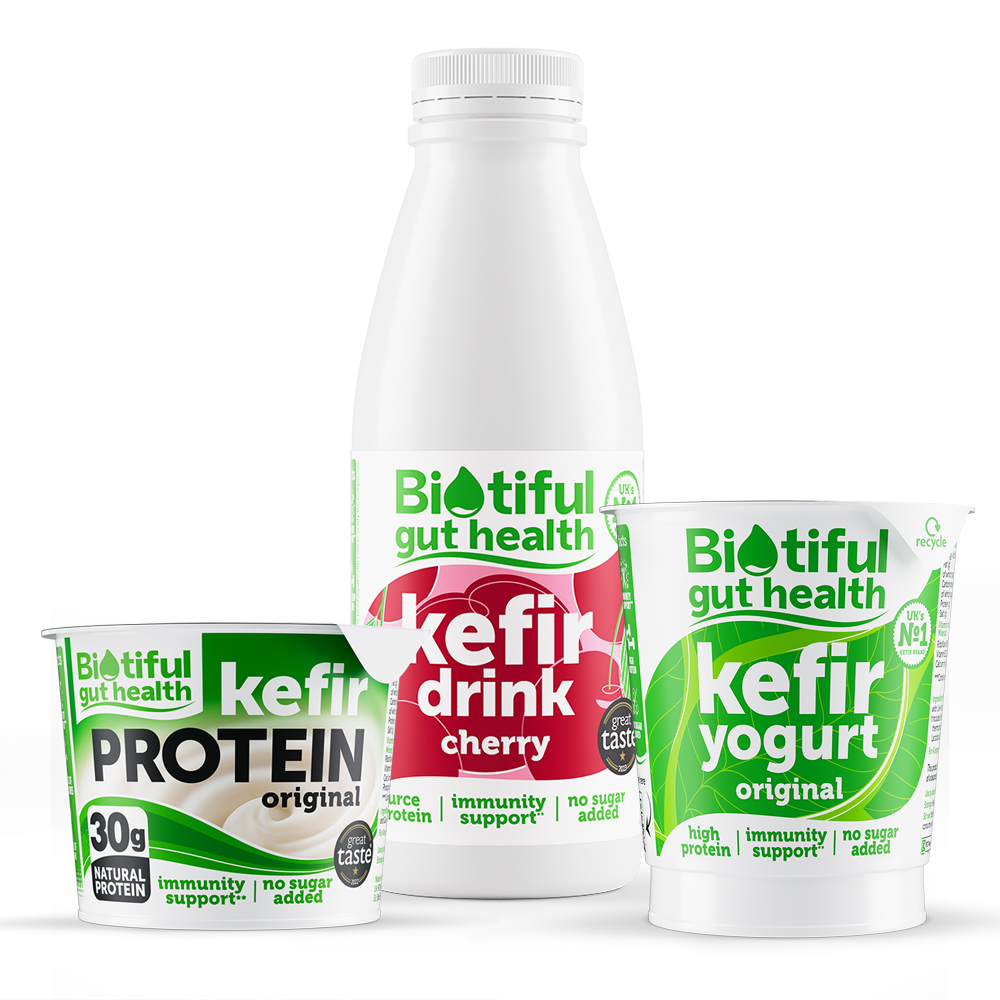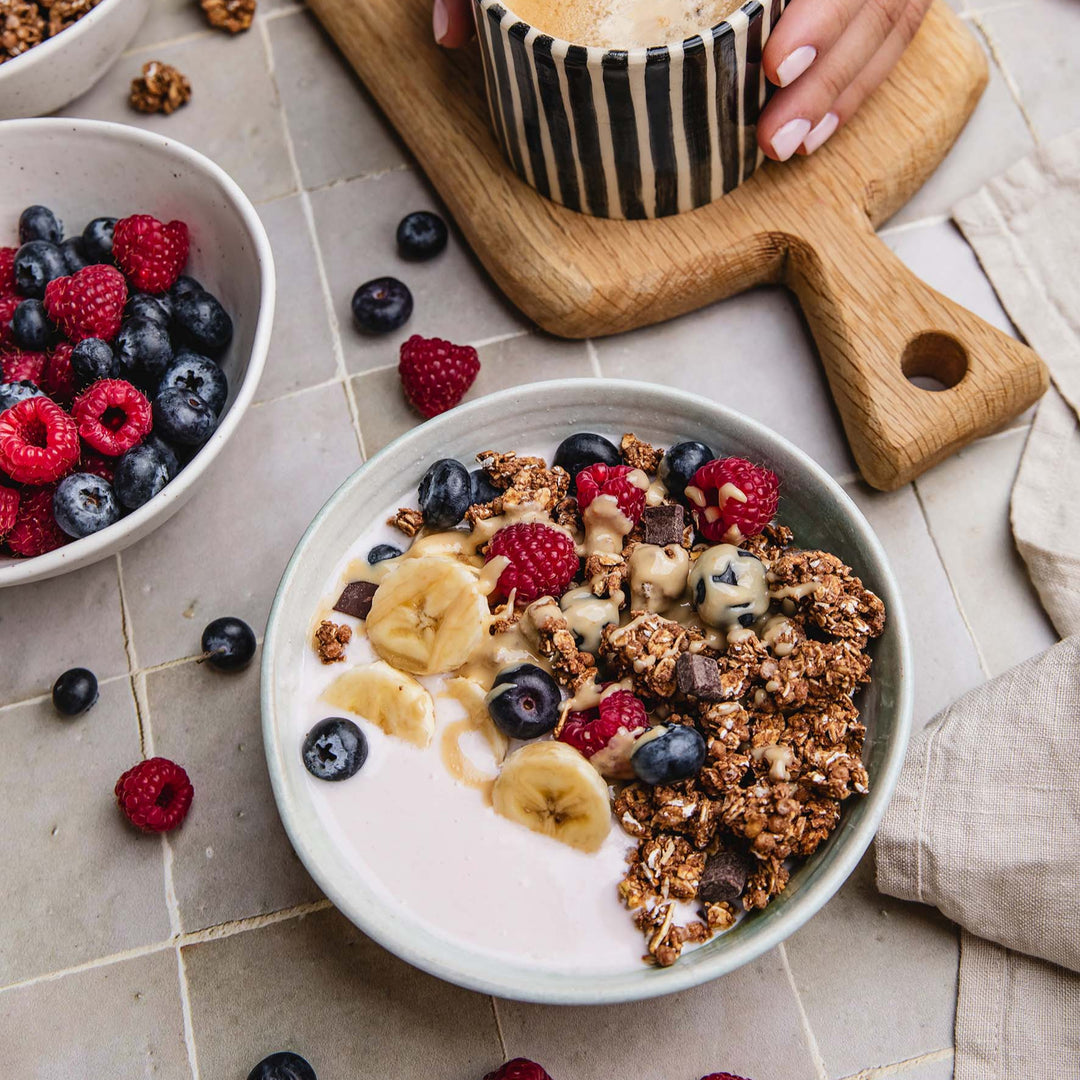The link between Gut Health and bloating

“Gut health” has become one of the most popular topics on social media, but also in the scientific research space in the last few years. When you search the term “gut health” on social media in particular, one term will seem to pop up quite regularly in these videos: bloating.
What is bloating? Bloating refers to a feeling of tightness and significant abdominal distension which may feel and look swollen or uncomfortable. This may be caused by many different things such as eating something that causes a lot of excess gas, stress, or even not chewing your food properly. Excess and consistent painful bloating may also however be a sign of something more serious, so it is always best to get checked by your GP.
If I get bloated does it mean my gut is unhealthy?
Not necessarily. Experiencing a little bit of bloating post meal is absolutely normal and does not mean you have an unhealthy gut. However, if you feel bloated quite regularly, you are not going to the bathroom at least once a day, feel sluggish and “heavy” and have cramps around the stomach area it may mean that some changes need to be made in your diet and lifestyle. Excess bloating may also be a sign that you are a little backed up and dealing with some constipation, so boosting fibre content to 30g daily, increasing water intake, eating more plant foods and getting daily exercise in will help.
When we feel very bloated post meal it can be caused by eating a large volume of food, but we can also experience bloating caused by gas being produced by gut bacteria from certain foods we eat. Usually, gas is produced from undigested carbohydrates in things like pulses, beans and wholegrains, but also some people can experience gassiness after eating foods containing dairy, high in protein, highly processed foods and more.
What’s the solution?
We know from research now that bloating is caused by a range of different things and can vary from person to person, for example stress and a high salt intake may be a trigger for one person, and dairy and gluten may trigger another. An elimination diet with a qualified nutritionist or dietitian can be the best way to identify your triggers if your bloating is causing you problems. This is where some foods are removed from your diet, slowly added back in one by one in order to address potential triggers for you.
Improving your gut health by eating a variety of different plant foods every single week, reducing alcohol intake, making sure you are well hydrated, managing stress, sleeping well, reducing ultra processed foods and eating more fermented foods like kefir can all make a big difference when it comes to bloating. When it comes to adding kefir into your diet I always recommend reading labels to ensure there are no added nasties like artificial sweeteners. One brand I love and use almost every day is Biotiful Gut Health because it has no added artificial sweeteners, artificial colours or artificial flavours.
Chewing your food well and eating slower can also help as most of us are so busy we rush meal times, eat on the go and forget to chew well enough that it has a negative impact on our digestive health.
Remember that if you suffer with extreme bloating, have blood in your stool, experience unexplained weight loss or any other health issues, always get a check with your doctor.
















